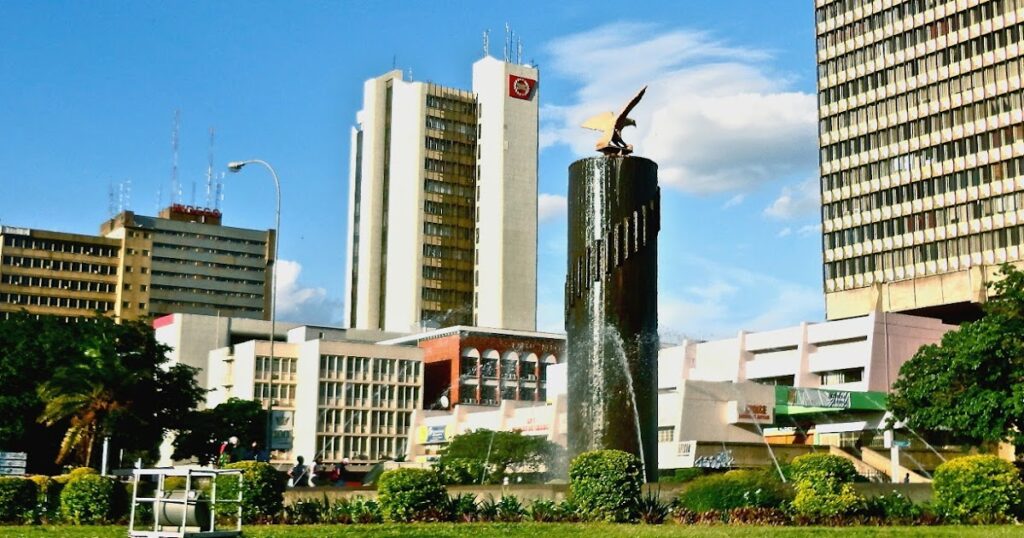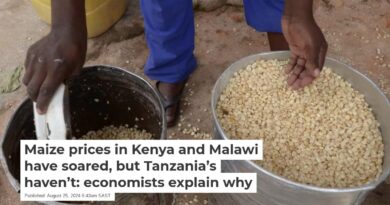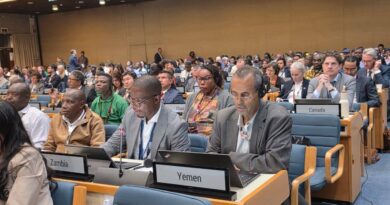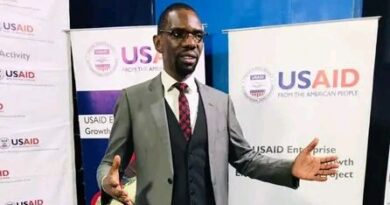World Bank Urges Zambia to Enhance Revenue Mobilization for Sustainable Economic Growth
A recent Public Finance Review (PFR) report released by the World Bank emphasizes the urgent need for Zambia to enhance revenue mobilization and strengthen fiscal governance. The report, titled “Strengthening Fiscal Governance for Transformative Public Sector Investments,” outlines critical reforms required in public investment management and state-owned enterprises (SOEs) to promote sustainable economic growth and reduce poverty.
Achim Fock, World Bank Country Manager for Zambia, remarked, “Zambia has the opportunity to unlock substantial economic growth by improving its fiscal governance and making better use of its resources. With stronger revenue mobilization efforts and more efficient public spending, Zambia can build a resilient economy that benefits all citizens, especially the most vulnerable.”
The report identifies several fiscal challenges facing Zambia, noting that while tax collection remains stable, it significantly lags behind regional averages. This shortfall is attributed to an over-reliance on mining revenues, large tax expenditures, and inefficiencies in Value Added Tax (VAT) and customs administration.
Additionally, poor project execution and weak data management have led to inefficiencies in public investment, highlighting the need for improved coordination and transparency.
Zambia’s SOEs are noted as a significant fiscal risk, with many operating at a loss. The report calls for enhanced governance and accountability measures to improve SOE performance and alleviate fiscal burdens. It also highlights the potential for Zambia to leverage its natural resources to create fiscal space for vital investments in infrastructure, education, and healthcare.
The World Bank underscores the importance of the Zambian government’s commitment to macro-fiscal reforms, supported by international partners, as a crucial framework for economic transformation.
Albert Pijuan, World Bank Senior Economist for Zambia, stated, “By boosting domestic revenue growth, tackling inefficiencies in state enterprises, and making efficient investments in critical infrastructure, Zambia can create lasting improvements in the lives of its citizens.”
Key recommendations from the report include strengthening tax collection, modernizing revenue systems through digitalization, enhancing data governance, increasing transparency in public investment projects, and establishing a unified legal framework for SOEs.
The World Bank remains dedicated to providing technical assistance and financial support to Zambia as it strives for fiscal sustainability and inclusive growth, aiming to realize the objectives set out in the Eighth National Development Plan (8NDP).
Additional source: Mirage News



